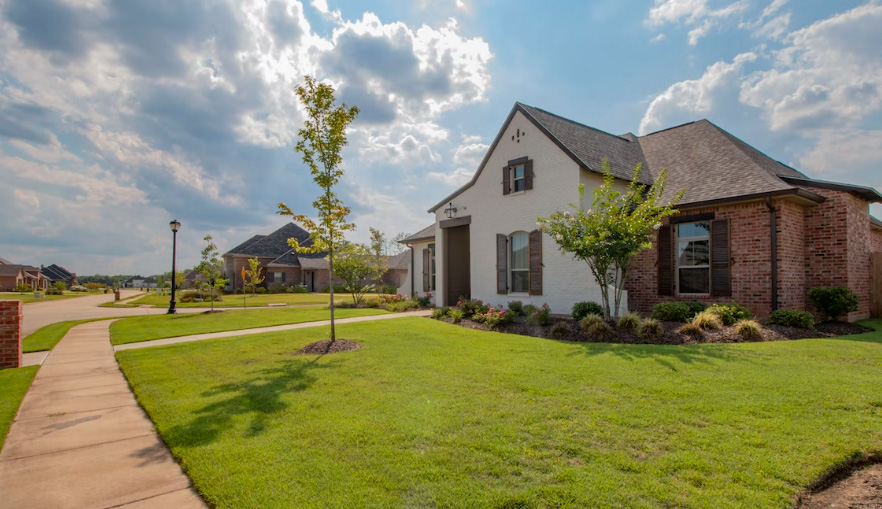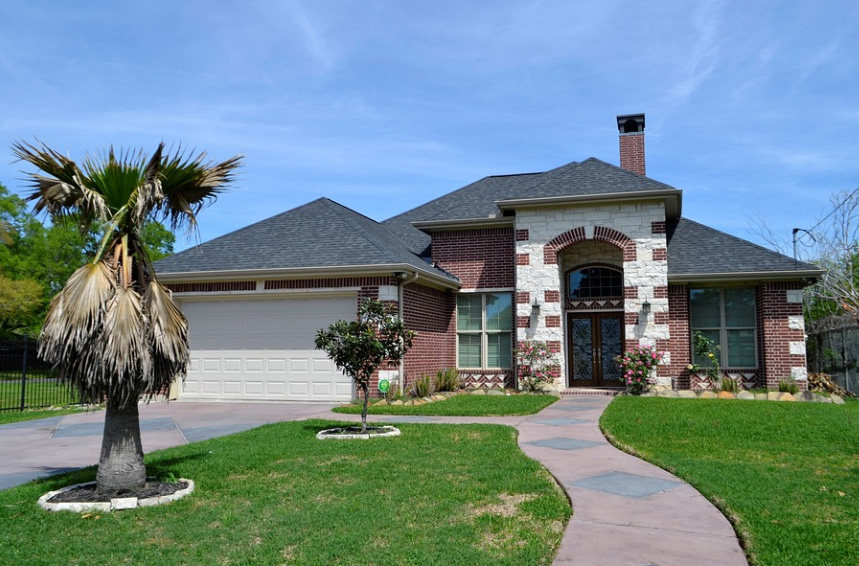
When you’re buying a home, there are a lot of costs to consider beyond the purchase price. One of the most important is closing costs, which are fees charged by the lender, title company, and other parties involved in the home-buying process.
Closing costs can add up to several thousand dollars, so it’s important to understand what they are and why they’re needed. Here’s a closer look at closing costs and how they work.
What Are Closing Costs in Homebuying?
Closing costs are the fees associated with finalizing your home purchase. They can include loan origination fees, appraisal fees, title insurance, and more. In total, closing costs can add up to several thousand dollars.
While closing costs may seem like a burden, they’re a necessary part of the home-buying process. They help protect you and your lender from potential risks and ensure that all paperwork is in order.
What Are the Types of Closing Costs?
When considering a home purchase, be sure to factor in closing costs so that you can budget appropriately. Here are some of the most common examples.
- Underwriting and Processing Fees. Underwriting is the process of assessing your risk as a borrower and determining whether or not to approve your loan. Lenders use a variety of factors to do this, including your credit score, employment history, and income. On the other hand, processing is the work that goes into collecting and verifying all of the required information and documentation for your loan application. This includes tax returns, pay stubs, and bank statements. Both of these processes take time and resources, and the fees charged by lenders cover the cost of these services. Underwriting and processing fees vary from lender to lender but typically range from 0.5% to 1% of the loan amount. So, on a $250,000 loan, you could expect to pay between $1,250 and $2,500 in underwriting and processing fees.
- Origination Fee. Lenders charge origination fees for processing a loan application and creating loan documents. Origination fees are generally a percentage of the loan amount and can vary based on the type of loan, the lender, and the borrower’s creditworthiness. For example, a lender may charge a higher fee for a borrower with a low credit score than a borrower with a high credit score.
- Appraisal Cost. An appraisal is an independent evaluation of a home’s value, typically conducted by a licensed professional. Appraisals generally are required by lenders to get a clear picture of a home’s value before approving a loan. The cost of an appraisal varies depending on the size and location of the home but typically ranges from $300 to $1,000.
- Title Insurance. Title insurance protects you from any financial loss that could occur as a result of problems with the title to your property. Lenders require title insurance to protect their investment in your home. However, you, as the homeowner, also benefit from title insurance. If there are any problems with the title to your home, you will be protected from financial loss up to the policy amount.
- Real Estate Broker Fees. Real estate broker fees are the commissions that real estate brokers charge for their services. These fees are typically a percentage of the home’s purchase price and are paid by the seller at closing. In some cases, buyers may also be responsible for paying a portion of the broker’s fee. The real estate broker fee amount will vary depending on the broker’s commission rate. Commission rates are typically negotiable, so it’s essential to shop around and compare rates before selecting a broker.
Final Thoughts
Although they can add up, closing costs are an important part of the home-buying process. By understanding what they are and why they’re needed, you can be better prepared when it comes time to close on your new home.
Contact Mortgage City Your Trusted Mortgage Specialist Today!
Learn more about buying a home in Michigan with Mortgage City. We are mortgage experts in Michigan, Florida, New Hampshire, Ohio, Massachusetts, Texas, California, Indiana, and Colorado — and we can help you make the right decisions on buying a new home. Schedule a consultation with us today at (248) 930-8709 for more information.






